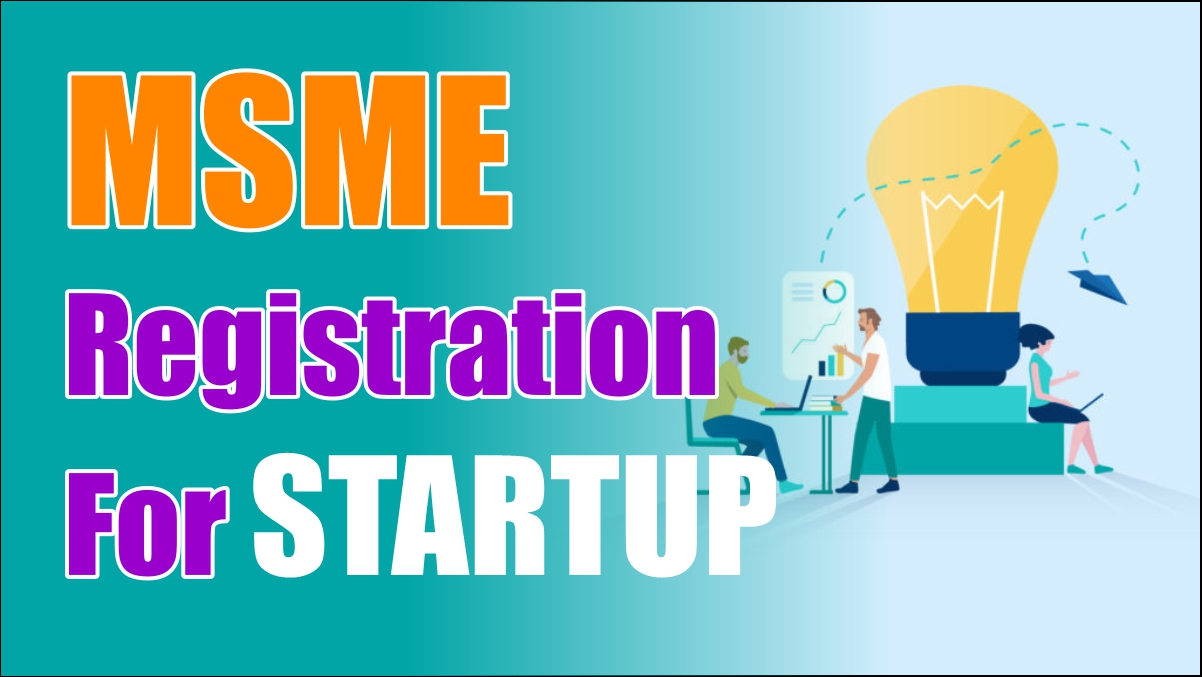With effect from the 1st day of July 2020, the Government of India notification S.O.2119 (E), which superseded previous notifications, specified the form and procedure for filing the Udyam Registration memoranda and announced specific criteria for designating firms as micro, small, and medium enterprises.
Enterprise classification:- Micro, Small, and Medium Enterprises (MSMEs) are defined as businesses that meet the following criteria:-
- A microbusiness with a turnover of less than five crore rupees and a capital investment of less than one crore rupees in plant, machinery, or equipment;
- A small firm with less than ten crore rupees in plant and machinery or equipment and less than fifty crore rupees in sales; and
- A medium-sized business with an investment in plant and machinery or equipment of not more than fifty crore rupees and a turnover of not more than 250 crore rupees.
Reads More: Benefits of Studying BCA Through Distance Learning
The government has put in place a number of favorable policies to assist MSMEs that are properly registered with the Ministry of MSME in growing and prospering. As a result, registered MSMEs can take advantage of government schemes and get licenses and permits from the appropriate government agencies in a more straightforward manner.
Priority Lending and Collateral-Free Loan Facilities:
The government has put in place a number of policies that allow MSME/SSIs to acquire loans without putting up any collateral. The Credit Guarantee Trust Fund Scheme, which is one of the top MSME registration benefits, is a joint endeavor by the Government of India, SIDBI (Small Industries Development Bank of India), and the Ministry of Micro, Small, and Medium Enterprises to provide collateral-free loans. For small business owners, this is by far the best MSME registration benefit.
Subsidies for Credit-Linked Capital for MSMEs:
This scheme gives a 15% subsidy for further investment up to Rs. 1 crore for MSMEs to upgrade their technology. Upgrading technology usually entails introducing state-of-the-art or near-state-of-the-art technologies. There is a rich mosaic of technology in India’s small-scale manufacturing, which spans approximately 7,500 products.
Reimbursement of ISO Certification Fees:
The Scheme provides for reimbursement of up to 75% of the costs of obtaining ISO 9000/ISO 14001/HACCP certifications, subject to a maximum of Rs. 75,000/- in each case. Micro and Small Scale Enterprises (Manufacturing/Service) with an EM Part-II No. of people are eligible for the Incentive Scheme.
MSME Incubation Program:
In May 2019, the incubation plan was introduced to assist innovators in the development of new creative ideas for the creation of new innovative products. The following are the types of assistance:
- Financial help of up to this scheme provides Rs. 15 lakh towards the development and nurturing of a concept.
- For the purchase and installation of plant and machinery, BI offers financial assistance of up to $1.00 million. As a result, BI’s technology-related R&D operations will be reinforced.
- Seed capital support to HIs/BIs for promoting them to convert their ideas into start-ups is granted in the amount of up to 1.00 crore in the form of grants in aid.
Subsidy for Patent Registration:
Enterprises that have received a certificate of registration from MSME are eligible for a subsidy of more than 50%. Patent registration fees for MSMEs have been cut to Rs 1,600 or Rs 1,750, respectively, from Rs 4,000 or Rs 4,400. It has been cut from Rs 25,000 to Rs 8,000 for expedited examination. Similarly, the fees for renewing patents have been cut. Fees for filing design applications for MSMEs have been cut from Rs 2,000 to Rs 1,000.




